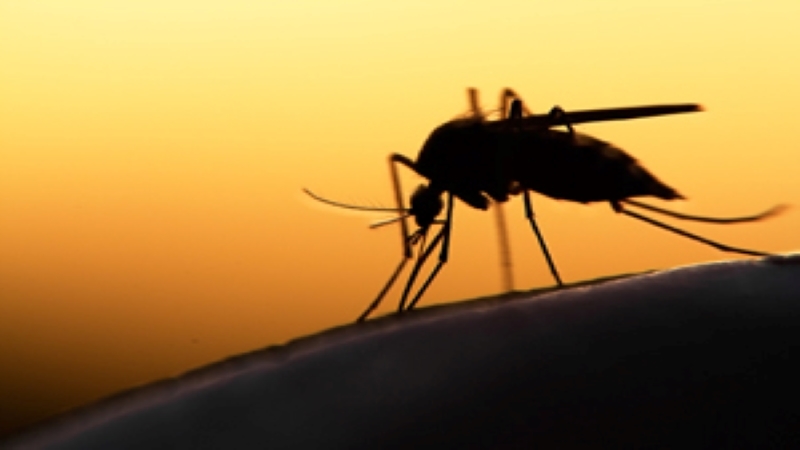West Nile virus and eastern equine encephalitis are two potentially serious mosquito-borne illnesses. | Shutterstock
West Nile virus and eastern equine encephalitis are two potentially serious mosquito-borne illnesses. | Shutterstock
All eyes and ears are paying attention to the COVID-19 pandemic these days, but one Detroit physician says Michiganders need to be on the lookout for two other diseases if they’re spending a lot of time outside.
In a recent interview on "The Paul W. Smith Show," Henry Ford Hospital emergency physician Dr. Frank McGeorge said incidents of the West Nile virus and eastern equine encephalitis (EEE) are on the rise.
“As if we don't have enough viral troubles to worry about, mosquito-borne illnesses are becoming a serious problem,” McGeorge told Smith. “Until there's a hard frost, the mosquito populations basically continue to increase. And so that means later into the fall, late summer, through the fall, basically we see an increase in mosquito populations. In this year, in particular, with more people spending time outdoors because of COVID, it seems as though there might be a higher risk related to outdoor activities, especially with mosquitoes.”
There is no vaccine for the West Nile virus, and about one in five people affected develop a fever and other symptoms, according to the Centers for Disease Control and Prevention. About one in 150 infected people develop a serious and sometimes fatal illness.
The EEE virus is more common in horses than in humans, according to the CDC, but approximately 30% of people with EEE die, and many survivors have ongoing neurological problems.
McGeorge said there have been nine confirmed human West Nile cases in Michigan, including one in Oakland County, one in Wayne County and one in Detroit.
He also said there have been 22 horses in Michigan this year that have tested positive for the EEE virus and that two of those horses were in Oakland County. There has been one human case in Barry County.
“It is a very dangerous disease,” McGeorge told Smith. “It’s spread by mosquitoes. And so it’s something that everyone should be on the lookout for and really should take specific care to avoid mosquitoes, avoid mosquito bites.”
Switching topics, McGeorge told Smith that there appears to be a correlation between people who wear eyeglasses and lower rates of COVID-19 diagnosis.
Facial coverings are worn to protect respiratory tracts, but the coronavirus still can be spread if any droplets reach a person’s eyes. Doctors regularly wear wraparound goggles in addition to their masks, and some even wear face shields.
McGeorge said researchers in China looked at 276 hospitalized COVID-19 patients and asked those patients about their eyewear habits. McGeorge said those researchers found that only 6% of those people wore eyeglasses at least eight hours a day. That was a drastic difference from the 31% of people in that community overall that wear eyeglasses.
“Now, the important thing to note is this was a reasonably small and somewhat preliminary study,” McGeorge said on the radio program. “It's also possible that this association happened for some completely different reason, and this was just observational, but it's a really good sort of, I think, proof-of-concept or a good beginning for other researchers to look into the possibility that simple eyewear might actually decrease your likelihood of developing severe COVID-19.”


 Alerts Sign-up
Alerts Sign-up